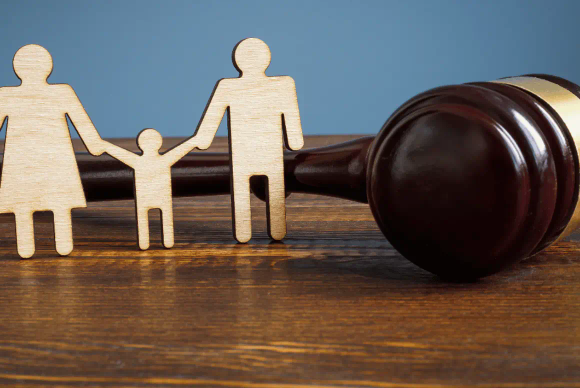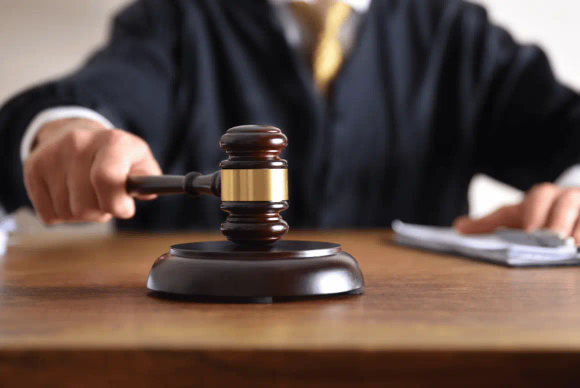Can grandparents apply for a Specific Issue Order?
Yes, grandparents can apply for a Specific Issue Order, but they must first obtain the court’s permission. The court will evaluate their relationship with the child and how their application serves the child’s best interests. Legal advice can help grandparents build a strong case.
What happens if a Specific Issue Order is breached?
If a Specific Issue Order is breached, the affected parent or guardian can apply to the family court to enforce the order. The court may take measures such as issuing warnings, imposing fines, or, in extreme cases, modifying the order. Ensuring compliance protects the child’s welfare and stability.
Does CAFCASS always get involved in Specific Issue Order cases?
CAFCASS (Children and Family Court Advisory and Support Service) is often involved in Specific Issue Order cases to provide safeguarding checks and recommendations to the court. However, their involvement depends on the complexity of the case and any identified risks to the child.
Can a Specific Issue Order cover multiple issues?
Yes, a Specific Issue Order can address more than one issue if they are related. For example, an SIO can decide on schooling and medical treatment simultaneously. Combining related matters in one application can streamline the court process and reduce costs.
Do both parents need to agree to apply for a Specific Issue Order?
No, one parent can apply for a Specific Issue Order without the other parent’s agreement. The family court’s role is to resolve disputes when parents cannot reach a consensus, always prioritising the child’s best interests.
What happens if the court denies a Specific Issue Order?
If the court denies an application for a Specific Issue Order, the applicant can explore alternative legal routes, such as mediation or reapplying with new evidence. The court’s refusal usually includes reasons that can guide a revised approach.
Are Specific Issue Orders confidential?
Yes, Specific Issue Orders are confidential, and details are not shared publicly to protect the child’s privacy. However, involved parties, such as parents, guardians, and legal representatives, will have access to the court’s decision and reasoning.




